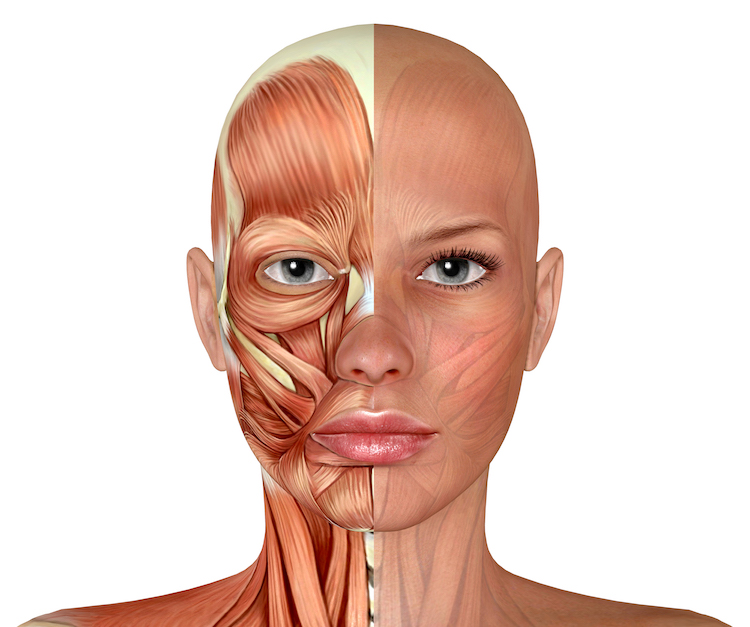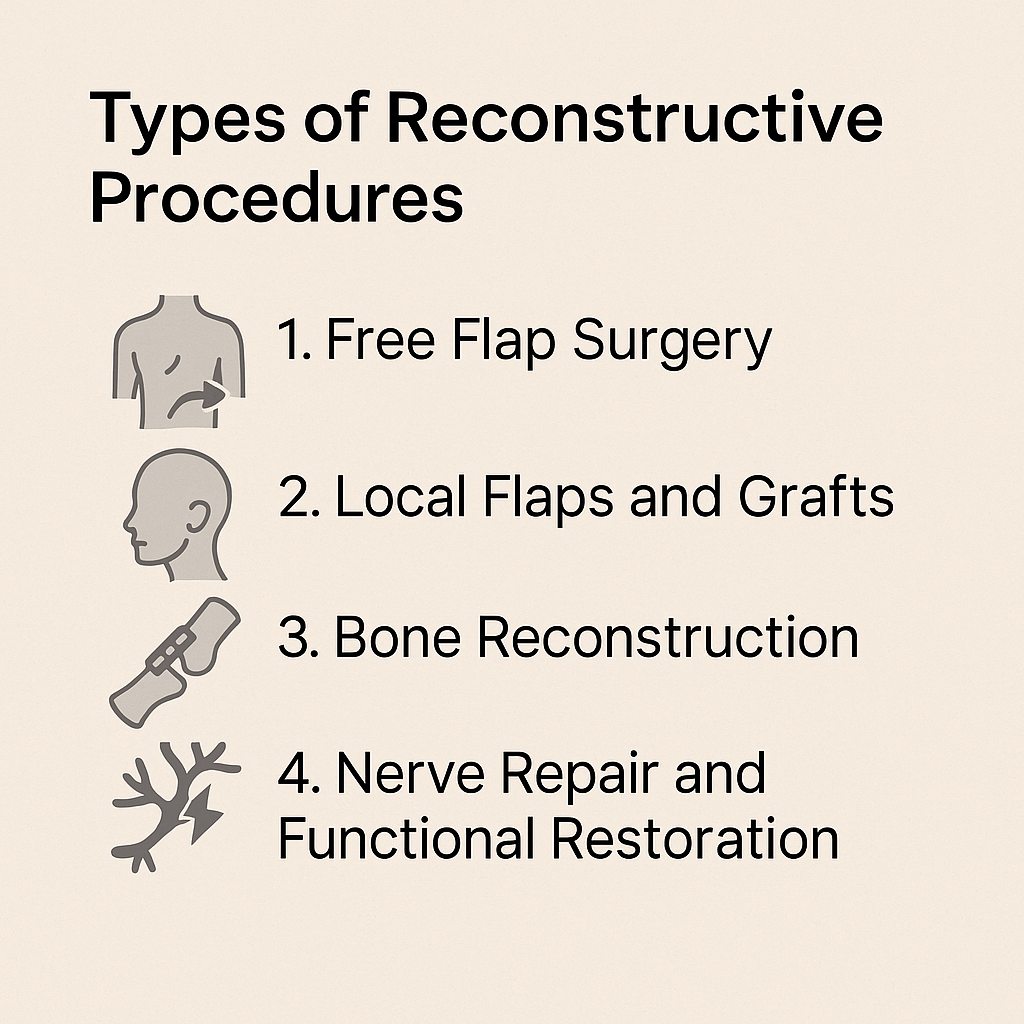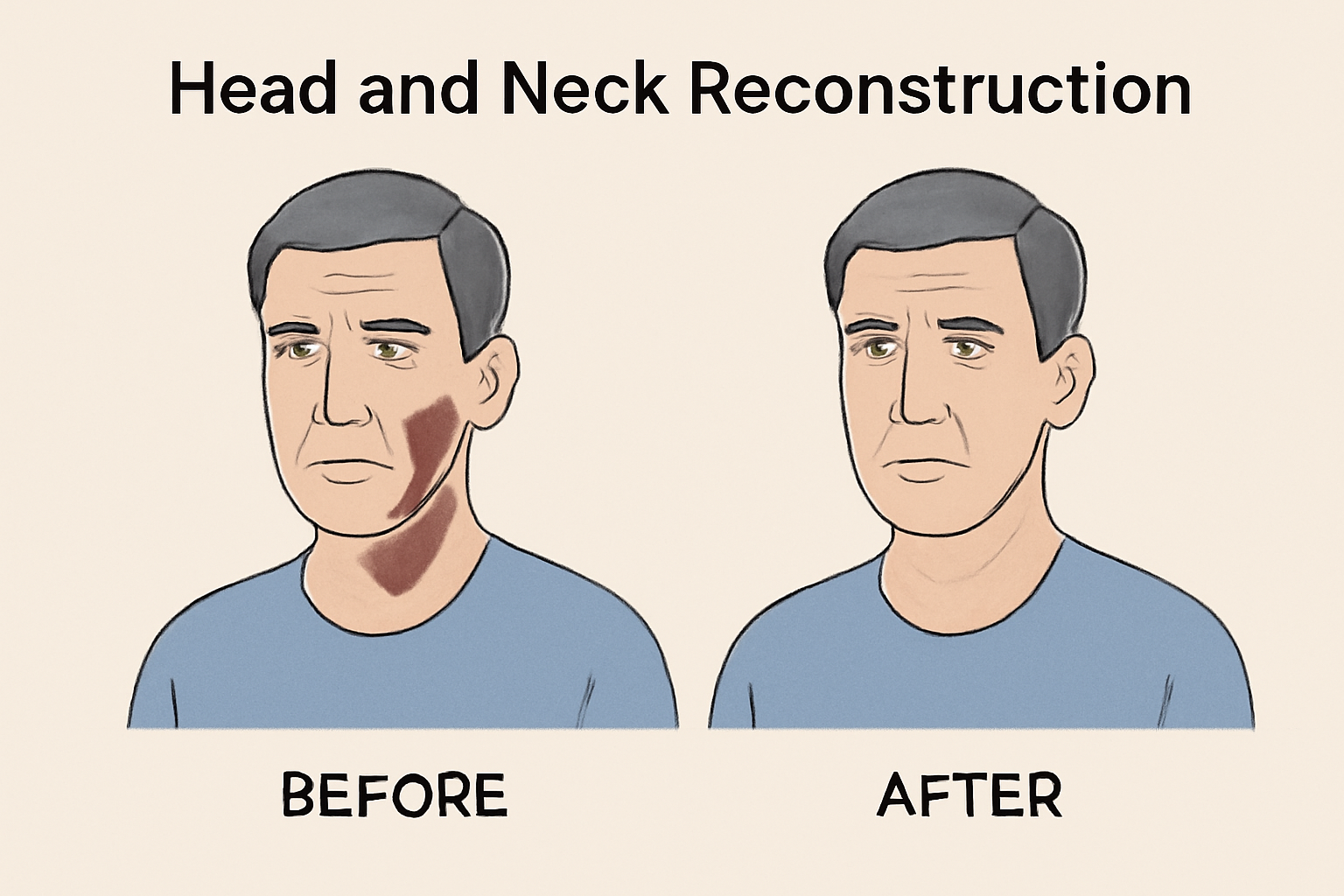Head and Neck Reconstruction in Mumbai
Head and Neck Reconstruction in Mumbai: Restoring Vital Functions
Head and neck reconstruction is a critical surgical approach that helps restore essential functions like breathing, speaking, chewing, and appearance after trauma, cancer, or congenital conditions. This type of surgery plays a major role in helping patients regain normalcy and confidence. In a city like Mumbai, where healthcare is constantly advancing, head and neck reconstruction is now more accessible and effective than ever. This blog explains what head and neck reconstruction involves, who may need it, treatment options available, and why choosing the right surgeon matters.

What Is Head and Neck Reconstruction?
Head and neck reconstruction refers to a group of surgical procedures performed to repair or rebuild areas of the face, mouth, throat, and neck. This may be required after cancer surgery, trauma, burns, or congenital deformities.
The goal is not only cosmetic but also to restore vital functions such as:
- Speaking and swallowing
- Chewing and eating
- Facial expressions and movements
- Breathing through the nose or mouth
The reconstruction process often involves skin grafts, local tissue flaps, microvascular free flaps, bone grafting, and nerve repair.
Common Reasons for Head and Neck Reconstruction
You might need head and neck reconstruction for several reasons:
- Cancer Surgery (Oral, Throat, Thyroid, etc.) Tumor removal often results in large tissue defects. Reconstruction helps restore form and function.
- Trauma or Accidents Facial injuries from road accidents or burns may require complex reconstructive efforts to repair damaged tissue and restore facial harmony.
- Congenital Defects Birth conditions like cleft lip or palate may affect breathing, speech, and appearance. Surgery can correct these functional issues.
- Infections and Necrosis Infections that damage facial bones or soft tissue, such as mucormycosis, may require partial or full reconstruction.
Types of Reconstructive Procedures
Each patient needs a tailored surgical approach. Here are some of the commonly performed procedures:
- Free Flap Surgery A free flap involves transferring tissue from one part of the body to another, along with its blood vessels. This technique is widely used to rebuild jawbones, tongue, or cheeks.
- Local Flaps and Grafts Surgeons use nearby healthy skin and muscle tissue to repair smaller defects, reducing the need for distant donor sites.
- Bone Reconstruction When the jaw or facial bones are affected, bone grafts or titanium implants may be used to rebuild the structure and support dental functions.
- Nerve Repair and Functional Restoration Reconstructive surgeons work on reconnecting nerves to restore movements and sensations, especially after tumor removal or injury.

How Functional Restoration Improves Life
Beyond appearance, these procedures restore basic, day-to-day functions:
- Speech clarity improves when missing oral structures are replaced.
- Swallowing becomes possible again after throat or tongue reconstruction.
- Facial expressions return when nerve repair allows muscle movement.
- Breathing through the nose or trachea becomes easier with structural support.
These changes bring back a sense of independence and reduce emotional distress.
Recovery and Aftercare
Recovery timelines vary based on the procedure and patient health. Key aspects of recovery include:
- Hospital stay of a few days to a week, depending on the surgery type.
- Speech therapy or swallowing exercises for functional recovery.
- Regular dressing and wound care to ensure proper healing.
- Follow-up visits to monitor progress and detect complications early.
- Emotional support through counseling or peer groups to cope with changes.
Full recovery may take a few weeks to several months. Your surgeon will guide you through each phase.

Right Surgeon in Mumbai for Head and Neck Reconstruction
Reconstructive surgery is both science and art. The success of head and neck reconstruction depends on the surgeon's skill, experience, and understanding of facial anatomy.
When selecting a surgeon, consider:
- Years of experience in head and neck procedures
- Background in plastic and reconstructive surgery
- Familiarity with advanced techniques like free flap transfer
- Clear communication and patient-centric approach
Dr. Vinay Jacob is a renowned Senior Plastic and Reconstructive Surgeon in Mumbai with over 25 years of experience. He has successfully treated thousands of patients, helping them restore both appearance and vital functions. His expertise spans a wide range of procedures, including gender-affirming surgeries, hand and facial rejuvenation, nasal and respiratory corrections, limb salvage, prosthetic integration, body contouring, hernia repairs, and breast reconstruction.
To book an appointment, call or visit the clinic directly.
FAQs
1. Is head and neck reconstruction painful?Discomfort is expected after surgery, but it's managed effectively with medication. Pain reduces as healing progresses.
2. How long does the recovery process take?It depends on the type of reconstruction. Most patients recover in 4 to 8 weeks, but complete functional restoration may take longer.
3. Will my face look the same as before?Reconstruction aims to restore your natural appearance as closely as possible. Outcomes vary depending on the extent of damage.
4. Can I eat and speak normally after surgery?Yes, but it may take time and therapy. Most patients regain speech and chewing functions with practice and follow-up care.
5. Are these procedures safe?Yes. When performed by a skilled surgeon, head and neck reconstruction has a high success rate. Risks are discussed before the procedure.
Final Thoughts
Head and neck reconstruction can be life-changing. Whether you're recovering from trauma, surgery, or a congenital issue, modern surgical techniques offer real hope. The right treatment not only brings back your facial form but restores essential functions that define everyday life.
If you or a loved one needs help, don't wait. Reach out to an experienced surgeon who understands both the complexity and the emotional impact of reconstruction.
Your healing journey starts with one step. Take it today.

